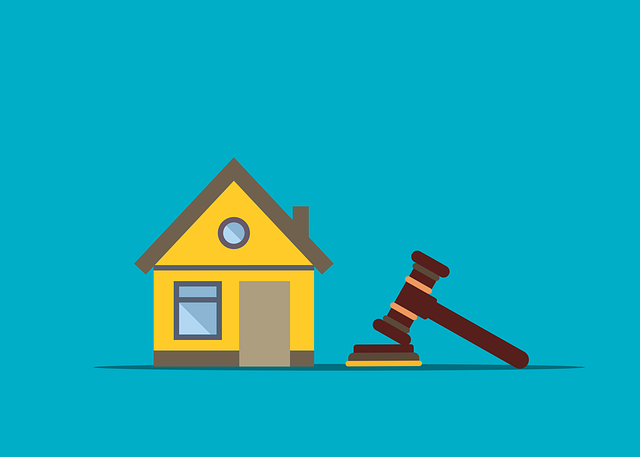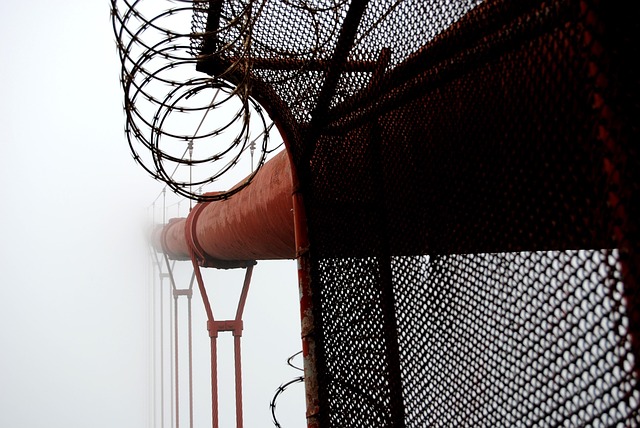Selling a fire-damaged house in California requires specialized knowledge and careful navigation due to complex property valuation processes. Homeowners must thoroughly inspect for damage, including visible markings, water damage, structural integrity issues, hazardous materials, and indoor air quality problems. Understanding insurance claims and valuing properties post-fire is essential, with professional appraisers providing unbiased estimates. The local market plays a significant role, influencing property worth despite damage severity. Proper documentation, consultation with experts, transparency about the fire incident, and accurate assessments facilitate selling a fire-damaged home in California.
After a devastating fire, assessing and valuing your property in California can be a complex process. This comprehensive guide explores post-fire property valuation, offering insights into understanding local regulations, assessing damage, and navigating insurance claims. Learn how insurance plays a crucial role in rebuilding efforts and discover the impact of market conditions on your home’s value. Additionally, we provide practical tips for selling a fire-damaged house in California, ensuring you make informed decisions during this challenging time.
- Understanding Post-Fire Property Valuation in California
- Assessing Fire Damage: What to Look For
- The Role of Insurance in Property Valuation After a Fire
- Local Market Conditions and Their Impact on Valuation
- Navigating the Process: Tips for Selling Your Fire-Damaged Home
Understanding Post-Fire Property Valuation in California

In the aftermath of a fire, property valuation in California becomes a complex process, particularly when homeowners consider selling their fire-damaged houses. The state’s real estate market has its unique dynamics, and post-fire assessments require specialized knowledge to accurately determine a property’s value. California’s diverse climate and varied neighborhoods present distinct challenges for appraisers, as natural disasters like wildfires can leave significant marks on structures and surrounding areas.
When assessing a fire-damaged property in California, several factors come into play. The extent of the damage, the time since the fire, and market trends all influence the selling price. Homeowners might need to navigate insurance claims and potentially face delays in the selling process. Professional appraisers with experience in post-disaster property valuation are crucial for providing an unbiased estimate, helping owners make informed decisions about their next steps, whether it’s rebuilding, repairing, or selling their fire-damaged house in California.
Assessing Fire Damage: What to Look For

When assessing a property damaged by fire in California, it’s crucial to inspect for several key indicators. Start with visible signs of flame or smoke damage, including charred walls, melted insulation, and singed carpeting. Look for water damage as well, as fire suppression efforts can cause significant moisture intrusion. Check for structural integrity issues like weakened floors, damaged ceilings, or shifting walls.
Pay close attention to the extent of the damage—is it confined to specific rooms or has it affected the entire property? Note any blackening or sooting on surfaces, which may indicate the presence of hazardous materials. Also, consider potential indoor air quality problems resulting from smoke and ash infiltration. These factors will significantly impact the post-fire property valuation in California when deciding whether to sell a fire-damaged house.
The Role of Insurance in Property Valuation After a Fire

After a fire, property owners in California often face the daunting task of navigating the process of insurance claims and subsequent property valuation. Insurance plays a pivotal role in this journey, serving as a financial safety net for homeowners facing the destruction caused by flames. When a fire damages a residence, the first step is to notify the insurance provider, who will then assess the extent of the loss. This initial evaluation determines the scope of coverage and the subsequent settlement amount.
For those looking to sell their fire-damaged house in California, understanding the role of insurance is crucial. The insurance company’s valuation report can significantly impact the owner’s decision on whether to rebuild or sell. In some cases, if the damage is extensive, selling might be the most feasible option, especially with the help of an experienced real estate agent who can guide homeowners through the process, ensuring a fair and accurate sale.
Local Market Conditions and Their Impact on Valuation

After a fire, property valuations in California can be complex due to local market conditions. These markets are dynamic and influenced by various factors such as neighborhood demand, recent sales trends, and the severity of damage. When a home is fire-damaged, appraisers must consider these regional dynamics to determine an accurate value.
For instance, in areas with high real estate demand, even a moderately damaged property might retain significant value. Conversely, if the fire causes extensive damage or leaves the structure unsafe, it could decrease the property’s worth substantially. Local market conditions play a crucial role in post-fire valuations, requiring appraisers to conduct thorough research and analysis to provide an unbiased estimate for selling a fire-damaged house in California.
Navigating the Process: Tips for Selling Your Fire-Damaged Home

Navigating the process of selling a fire-damaged home in California can be challenging, but with the right preparation and knowledge, it is possible to get a fair deal. The first step is to thoroughly document the damage caused by the fire. Take detailed photos and videos of affected areas, keeping records of all repairs or renovations made since the incident. This will not only help you understand the scope of work required for potential buyers but also serve as valuable evidence in insurance claims and legal processes.
Next, consult with professionals who specialize in post-fire property valuation. In California, experienced real estate agents and appraisers can guide you through the process, ensuring your home is accurately assessed. They will consider both the damage and the potential for renovation or rebuilding, helping you set a realistic asking price. Additionally, be prepared to disclose all relevant information about the fire to prospective buyers, including the cause, extent of damage, and any ongoing remediation efforts. Transparency is key in these situations to build trust and ensure a smooth selling experience.
When considering a sale of your fire-damaged home in California, understanding the intricacies of post-fire property valuation is key. By assessing damage thoroughly, leveraging insurance support, and factoring in local market conditions, you can navigate this challenging process effectively. Remember, a professional approach ensures a fair and accurate valuation, ultimately helping you make informed decisions as you sell your fire-damaged house in California.






